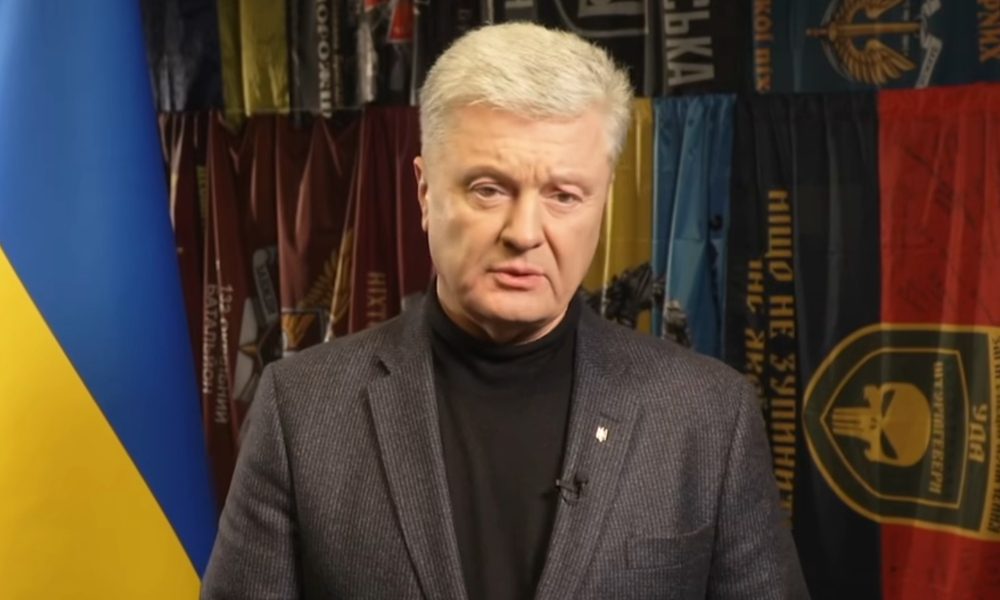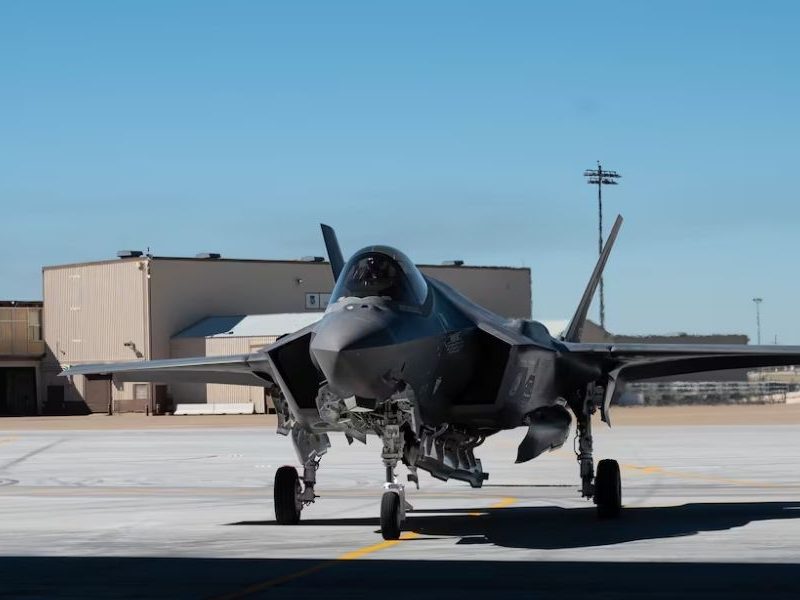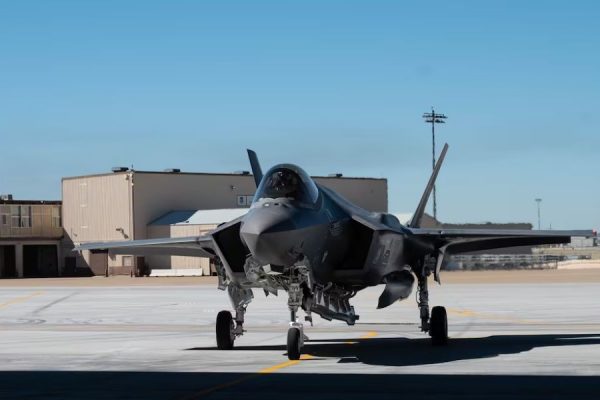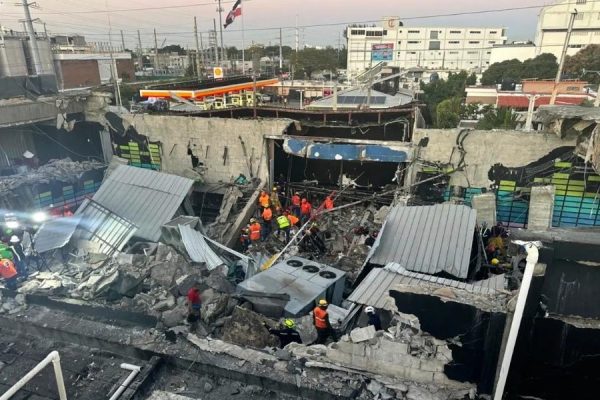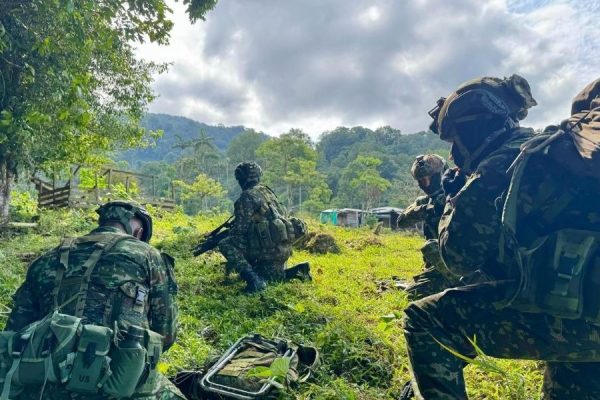KYIV: Ukraine has imposed sanctions on former President Petro Poroshenko, including freezing assets and restricting capital withdrawals. The Security Service of Ukraine (SBU) stated these measures were necessary for national security. Poroshenko, one of Ukraine’s wealthiest individuals, leads the largest opposition party in parliament. He served as president from 2014 to 2019 before losing to Volodymyr Zelensky. He called the sanctions unconstitutional and politically motivated.
Opposition Leader
Poroshenko, 59, is a confectionary tycoon often called “the Chocolate King.” He and Zelensky have been political rivals for years. The SBU cited threats to Ukraine’s sovereignty and economy as reasons for the sanctions. Authorities accused him of obstructing economic stability during wartime. The Ukrainian government also imposed sanctions on four other wealthy individuals.
These include jailed billionaire Ihor Kolomoisky and businessman Gennadiy Bogolyubov. Viktor Medvedchuk, a Putin ally, and entrepreneur Kostyantyn Zhevago were also sanctioned. The move aims to block profits allegedly made at Ukraine’s expense. Officials said the frozen funds should support Ukraine’s security and economy.
No Response
Bogolyubov, Kolomoisky, and Medvedchuk have not commented on the sanctions. Representatives for Zhevago’s company, Ferrexpo, have also remained silent. Ukrainian President Zelensky justified the sanctions as necessary for the country’s protection. He accused some individuals of profiting from Ukraine’s struggles.
“The billions earned by selling out Ukraine must be blocked,” Zelensky declared. He emphasized that those funds should benefit Ukrainians instead. Ukraine continues to battle economic and security challenges amid Russia’s ongoing invasion.
Political Tensions
The sanctions come as Ukraine’s political landscape becomes more active. Former U.S. President Donald Trump has suggested ending the war with Russia. This proposal raises the possibility of future elections in Ukraine. However, martial law remains in effect, preventing elections from taking place.
Zelensky’s presidential term would have ended in May 2024 under normal conditions. Critics argue that imposing sanctions on political opponents under martial law raises concerns. Some view the move as an attempt to silence rivals.
Past Investigations
Before Russia’s invasion, Poroshenko faced multiple criminal investigations. He has always denied any wrongdoing. Zelensky suggested that wartime funds were misused for political gain. However, he did not mention specific individuals.
Poroshenko’s party operates a military charity fund, which some suspect of financial misconduct. Critics claim the government is targeting political rivals instead of focusing on the war. The controversy has sparked domestic and international reactions.
International Criticism
Some Ukrainian politicians and foreign figures have condemned the sanctions. Carl Bildt, a former Swedish prime minister, voiced concerns. He warned that this decision could harm Zelensky’s reputation in Europe.
“Sanctioning Poroshenko looks like political revenge,” Bildt wrote on X. He noted that Zelensky also had business ties with Russia in the past. Observers worry that the move may weaken Ukraine’s democratic image.
With political tensions rising, Ukraine’s leadership faces growing scrutiny. The decision to sanction opposition figures could impact international support. The situation remains tense as Ukraine continues its war efforts.

